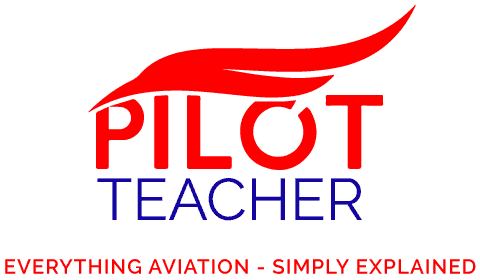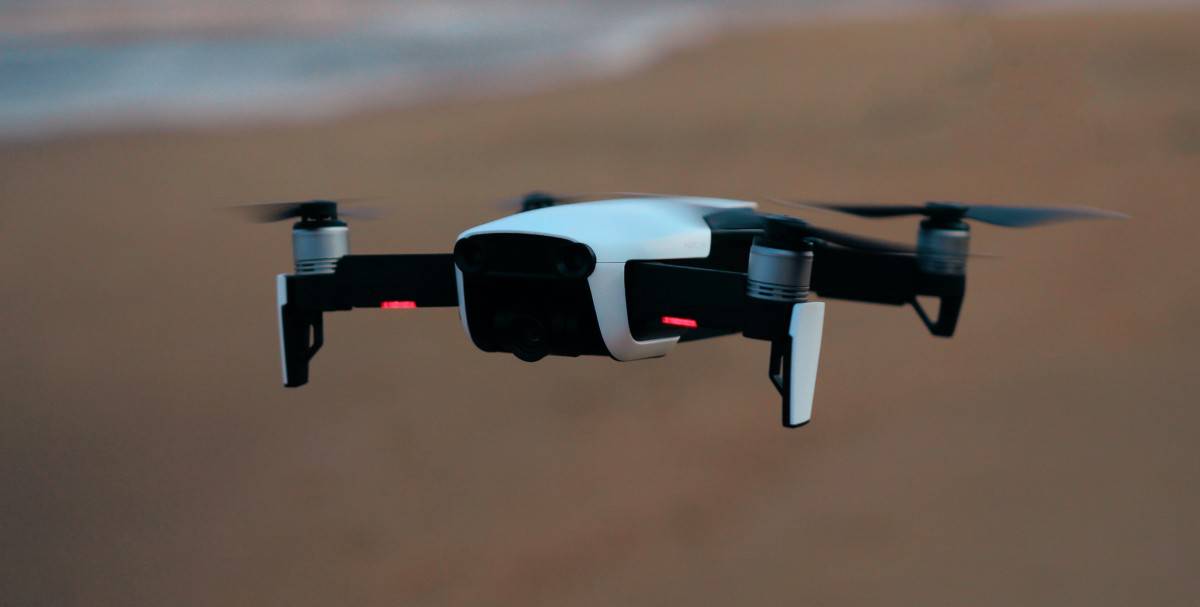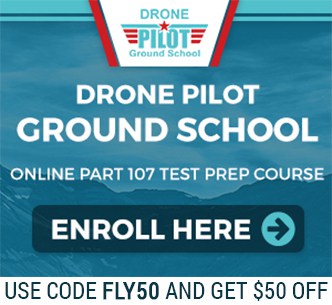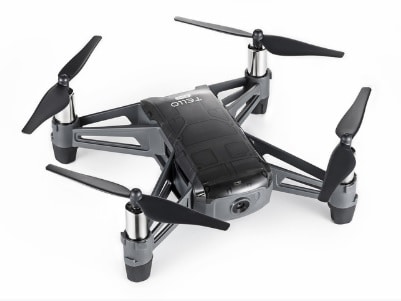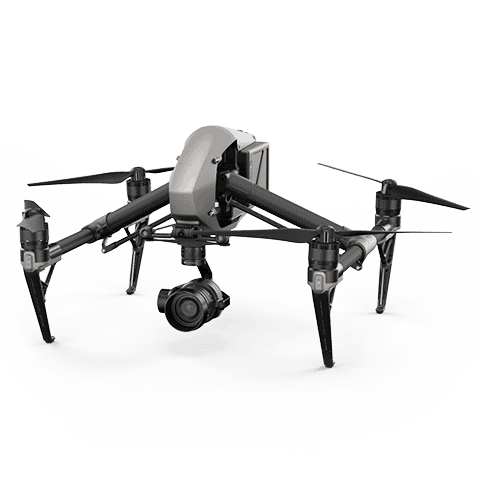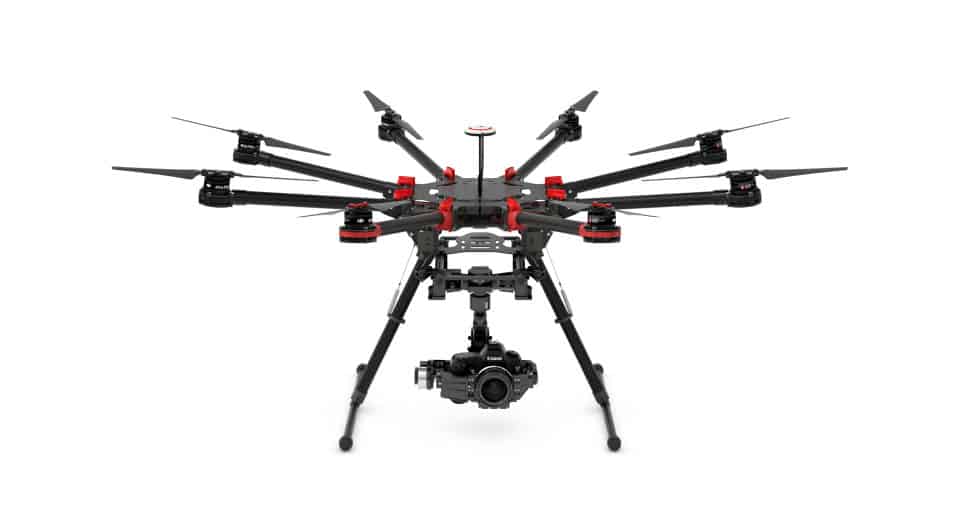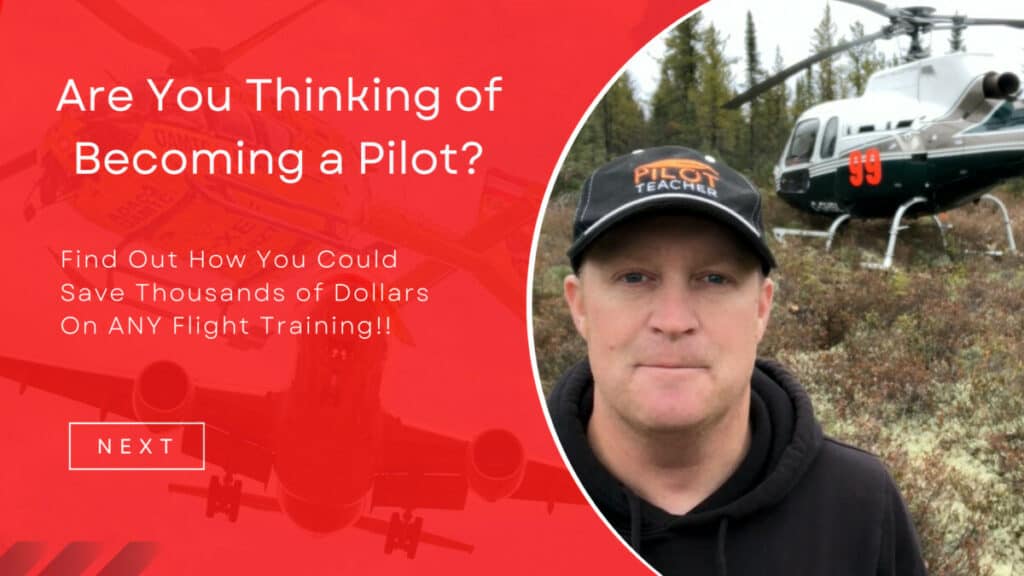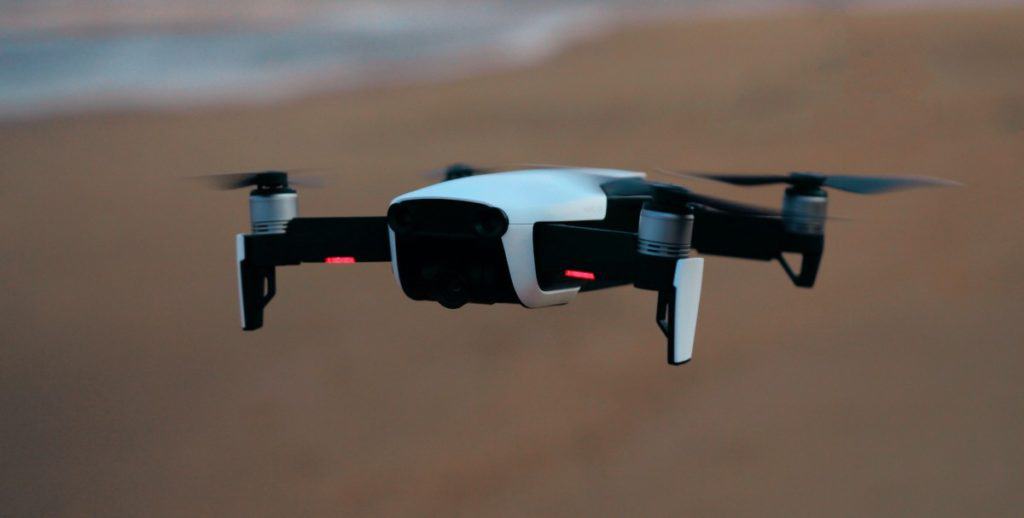
I have been looking into getting a small drone recently to add a new perspective to my YouTube videos that accompany this channel. Because drones are not my area of expertise, I needed to find out exactly what I need to do before buying a drone so I don’t get into trouble with the Feds!
You only need a license to fly a drone when you receive any compensation for using it. Flying a drone purely for recreational and personal use requires no license and if the drone weighs under 0.55 lb. or 250 grams it requires no registration.
So let’s look at what is recreational flying, commercial flying, and the difference between having to get a license and registering a drone. I know I want to make sure I stay legal and learning what each of these parts entails it will help me and you get the right training and or paperwork if required!

Flying A Drone For Recreation Vs Commercial Use
The FAA states that under CFR Part107 you will need a Drone or Remote Pilot License the second you receive any kind of compensation for flying your drone.
This can be things like:
- Getting photos of a property for your friend who is a realtor
- Filming an incident site for a commercially operating company
- Surveying land for a landowner who is compensating you
- Filming for promotional videos for which you’re compensated
If you are only flying your drone for personal pleasure and recreation this can be things like:
- Filming your property
- Creating videos for social media
- Filming your friends and family
- Filming others – With their permission
The main differentiator here is the compensation. The FAA wants anyone who wishes to make a business of flying a drone to be held to a high standard of safety, have the correct training, and know what they are doing.
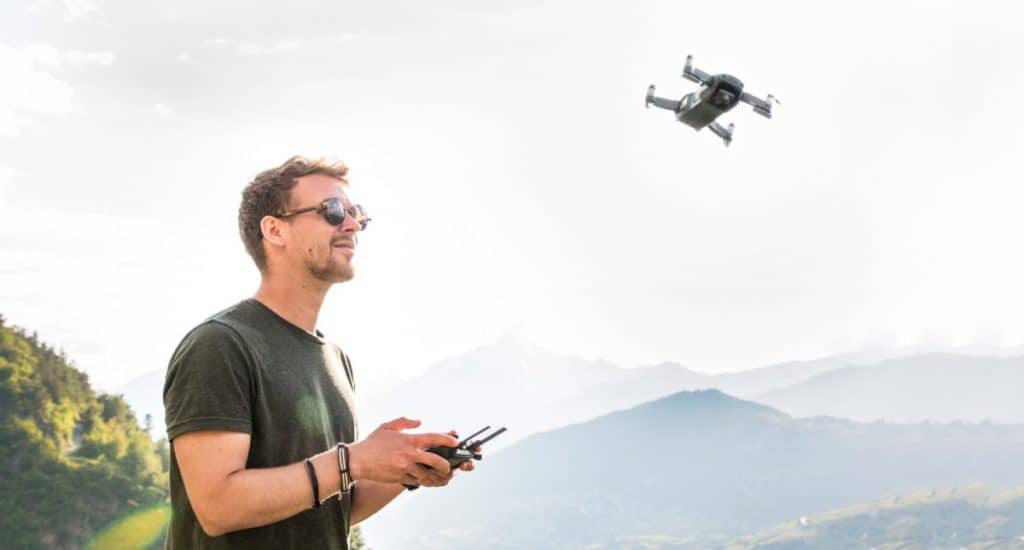
- You are able to fly any drone without any license or training providing it weighs under 250 grams or 0.55lbs
- Once the drone weighs between 0.55lbs and 55lbs then you will need to register it.
- If the drone weighs over 55lbs it needs to be registered as an actual aircraft AND you have to own an FAA FW or RW Pilot Certificate regardless if it is flown for personal or commercial use.
This is a whole different ball game and not one that you can easily walk into – To operate a drone over 55lbs will require far more knowledge than this article will give you!
When Do You Have To Register a Drone
Once your drone weighs over 250 grams/0.55lbs but less than 55lbs you must register the drone but you still do not need a license to fly it for personal or recreational purposes.
Registering your drone is a very simple and inexpensive process and the FAA has put together a very helpful website specifically for drone owners to register and answer most common questions.
Registration costs only $5 and is valid for 3 years!
You Can Find Out More UAS (Unmanned Aircraft System) Information and Register Your Drone at:
FAADroneZone
There are hefty penalties if you are found to be operating a drone over 250 grams/0.55lbs and you have not registered it. For the sake of $5 it is not worth it!
To Register a Drone You Have to:
- Create a simple account at FAADroneZone
- Have an email address
- Be over 13 years of age
- Pay $5
Once your drone is registered, all you have to do is apply the registration number to the drone and keep a copy of the registration certificate with you when flying the drone in case you are asked for proof.
Most owners get a proper label made to make it easier to see and prevent weather from making the registration number illegible.
You can find a great selection of Drone Registration Labels Here at Amazon.com. This is what I will be purchasing once I have finalized which drone suits my budget!
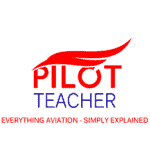
Join My Newsletter & Get Great Tips, Information and Experiences To Help You Become a Superb Pilot!
Is Getting a License and Registering a Drone The Same?
No, registering your drone and getting a UAS or Remote Pilot License is not the same.
Registering Your Drone is simply providing the FAA with details of yourself and the drone to which they will assign your drone a registration number. This registration will be valid until you sell the drone to another person, at which point they will have to re-register it.
Registration is only required for a drone weighing over 250 grams or 0.55lbs.
A Remote Pilot License is required when you wish to be compensated for using your drone for any purpose. The size of the drone must be under 55lbs. For drones heavier than 55lbs many other factors come into play and those are for their own article!
Think of it like this:
- Registering = The Drone
- License = The Pilot
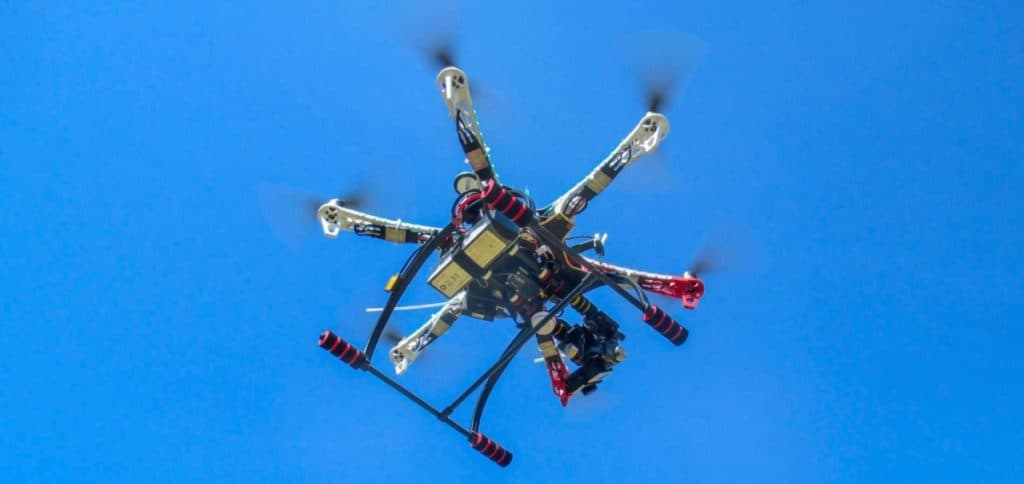
How Can You Get a Drone Pilot License?
Getting an FAA Remote Pilot Certificate is also a fairly straightforward process but takes a little more time, effort, and money.
You must:
- Be at least 16 years old
- Be able to read, write, speak, and understand English
- Be in a physical and mental condition to safely fly a UAS
- Study for the Knowledge Test
To help study for the written knowledge test I highly recommend the courses offered by Drone Pilot Ground School! Their courses are aimed at complete beginners to aviation and the FAA!
Click the banner for more information:
- Obtain an FAA Tracking Number before applying for the written test by registering with the FAA HERE
- Schedule an appointment to take the written knowledge test at an FAA-approved Knowledge Testing Center
- Upon passing the written knowledge test, complete FAA Form 8710-13 for a Remote Pilot Certificate HERE
- Your Remote Pilot Certificate will then be mailed to you
- You will be required to sit a Recurrent Written Knowledge Test every 2 years to stay legal
To really help new pilots to fly drones the FAA has a great information page HERE. It is packed full of useful stuff and even has a link to an awesome App that shows you in real-time if the area you wish to fly is restricted airspace or not!
Great Starter Drone Packages
Buying your first hobby drone or getting started with a new Commercial Drone Venture is an exciting time and beginning with the right equipment is key.
To help you here are a selection of some of the best Drones in the industry and the foldable DJI Mavic Mini is the one I am leaning towards for my use. Its reasonably priced and small form factor means I can tuck it away in my helicopter and easily use it when I’m out on jobs and waiting for customers.
You can find the DJI Mavic Mini Here:
Budget Drones
A high-quality, easy-to-fly drone is paramount to getting the best start in this hobby. These budget drones are incredibly priced and will get you enjoying your new gadget in no time!
Here is a selection of Budget Drones to suit your needs at DJI.com
Starter Drones
When a Budget Drone does not meet the next step in your aerial business then an upgrade to a more advanced, feature-rich Starter Drone is a great option, but without the price tag of the Professional Grade UAV’s.
Here is a selection of Starter Drones to suit your Business Needs at DJI.com
Professional Drones
When moving into the serious UAV market having professional-grade, high-quality products are the backbone of your business.
Here is a selection of Professional Drones to suit your Business Needs at DJI.com
To Finish
You only need to get a Remote Pilot License to fly a drone if you wish to fly your drone and receive compensation until you get into a drone weighing over 25kg / 55lb.
For most new pilots to the hobby, your first drone may be under the 250g / 0.55 lb weight limit so you do not have to register it, but once you go above that limit with a bigger drone, the simple process and $5 fee will ensure you are legal.
Even if you fly a drone for personal and recreational use I highly advise you familiarise yourself with the simple rules of the air to ensure that you don’t fly where you are not supposed to! You can find a copy of those rules here on the FAADroneZone website.
Further Reading
If you found this article interesting and would like to keep reading, I highly recommend the following articles from my blog:
